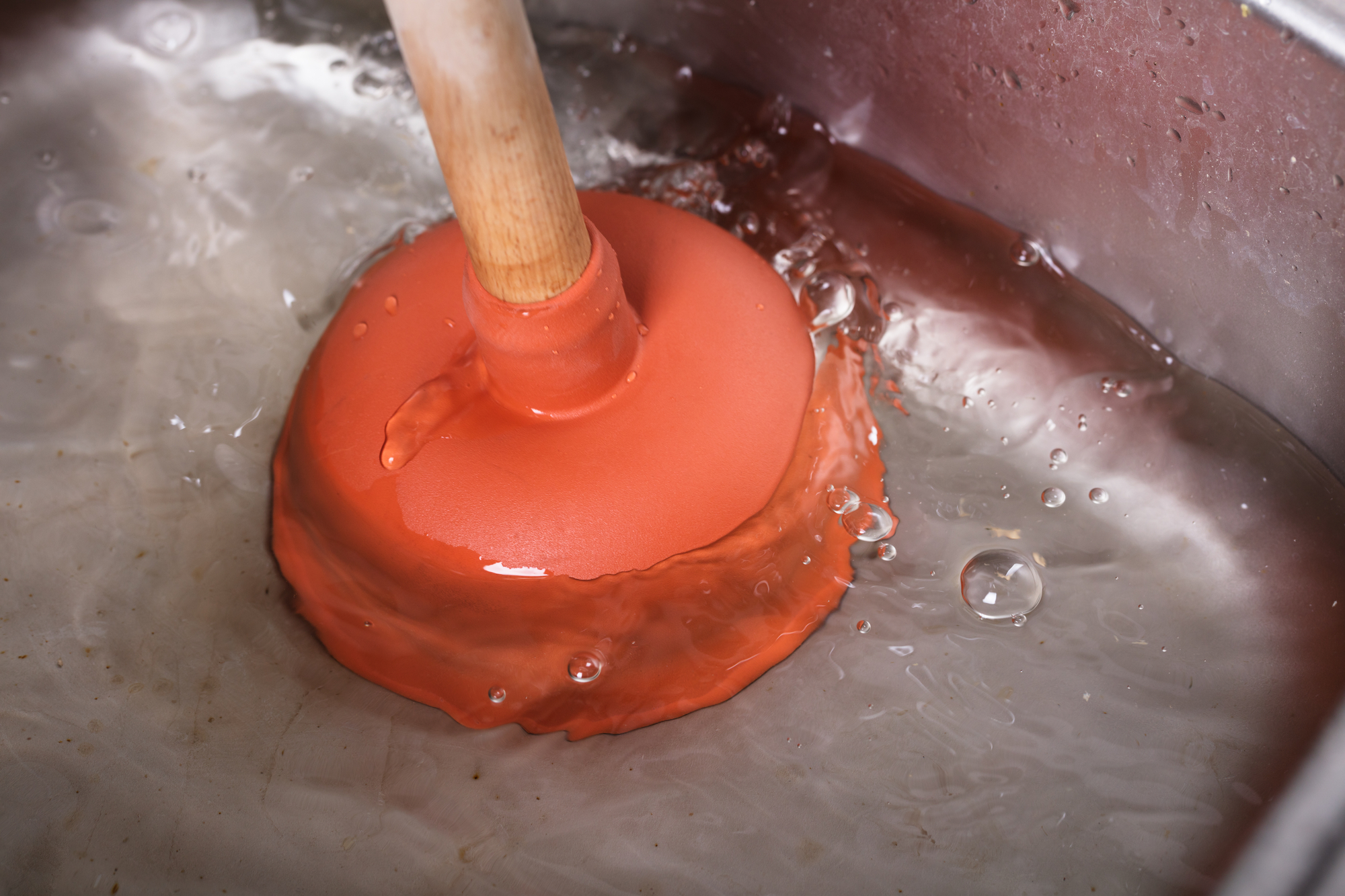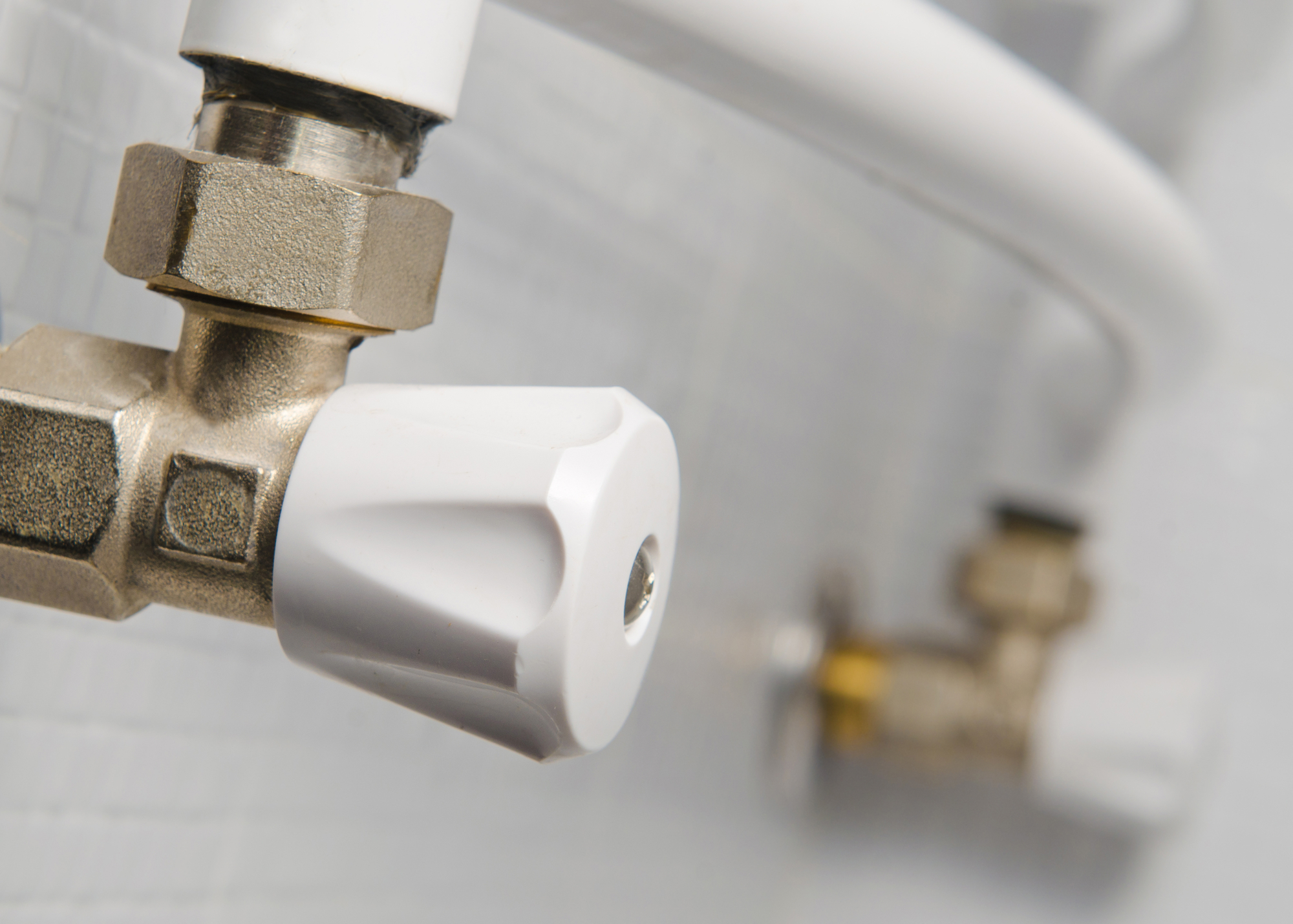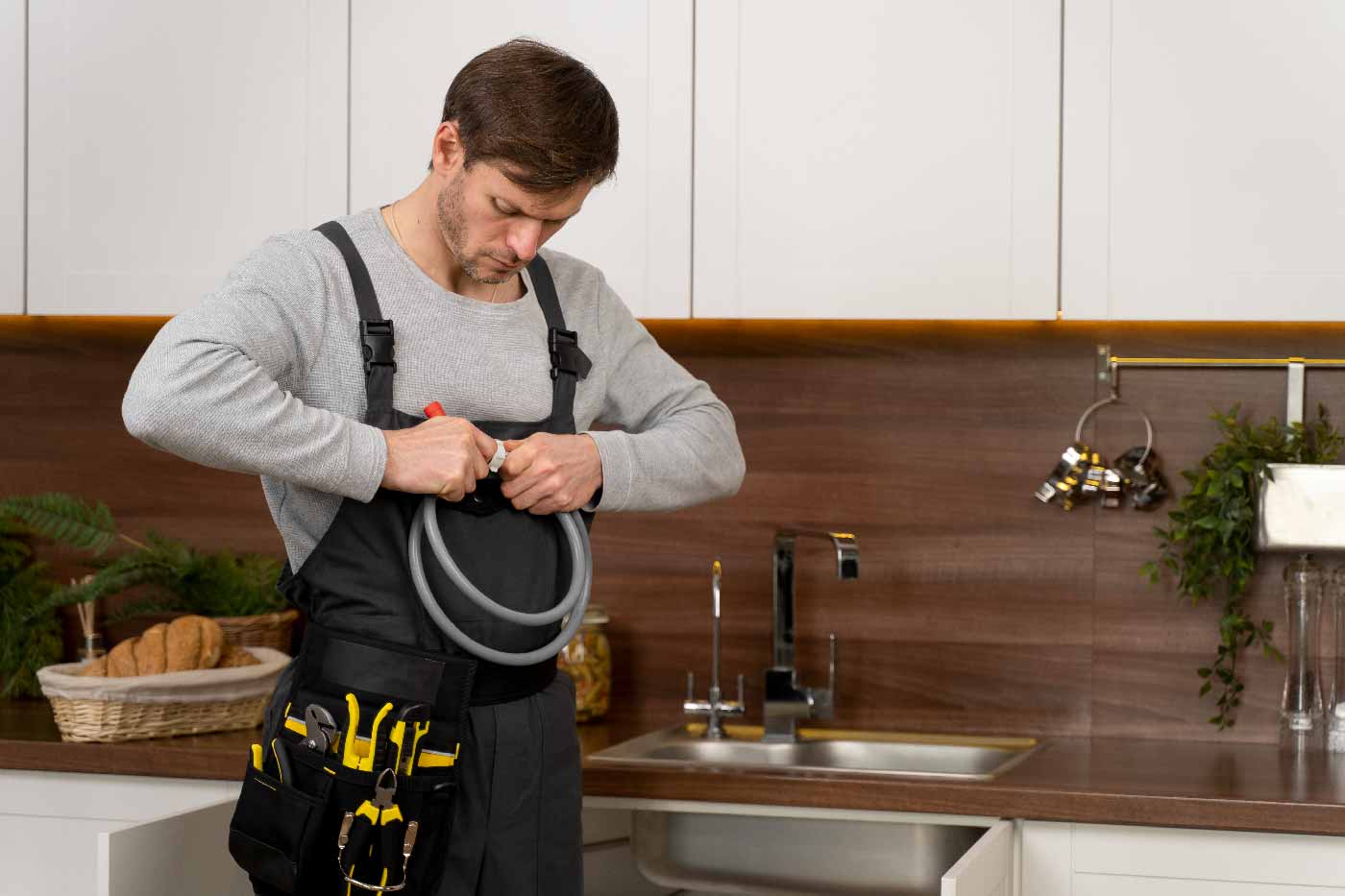DIY plumbing is a fun task for most DIY enthusiasts. The feeling of diverting anything at will and making something majestic is absolute satisfaction. But not everything is suitable for DIY. Especially plumbing and electrical work. They require such massive skills which makes them prohibited in some places. If you are a resident of NYC. You may be asking yourself what plumbing work can be done without a license in NYC.
Well In NYC, only professional plumbers can perform plumbing work. If the project has deep integration with your water system or plumbing system. Then you can not do major work without the help of a plumbing license.
It is important to understand the restrictions and limitations when it comes to plumbing work. Especially for a person living in NYC. This article outlines the guidelines and regulations, providing a comprehensive idea of why a license is necessary. By being aware of these regulations, homeowners and building owners can ensure safety and efficiency. Not just that they can also avoid potential legal issues.

What Plumbing Work Can Be Done Without A License In NYC
As a resident of NYC, you might be wondering how much plumbing you can do. As NYC strictly restricts plumbing for normal citizens it’s a simple question for you. While it’s always important to consult with a professional plumber for complex tasks. There are minor repairs and routine maintenance that you can handle on your own.
Simple fix and repair
Some minor plumbing repairs can be done without a license in NYC. These include fixing a leaky faucet, replacing a showerhead, or repairing a toilet mechanism. With a little DIY knowledge and some basic tools, you can easily tackle these tasks on your own. Just be sure to turn off the water supply before starting any repairs.
Routine maintenance
Routine maintenance tasks can also be done without a license in NYC. This includes tasks like cleaning out blockage from drains using a plunger or drain snake. Maintaining the cleanliness of your garbage disposal, and checking for and fixing minor leaks under sinks. Regularly performing these maintenance tasks can prevent plumbing issues. It not only prevents but also stops from escalating and saves you from unnecessary expenses.

It’s important to note that these minor repairs and routine maintenance are easy to do, but it’s always wise to know your limits. If you’re unsure of your abilities or if the issue seems too complex. Then it’s better to consult an expert plumber to avoid any potential complications or damage.
Why it’s important to have professional accessibility
Doing plumbing work without a license in NYC is not illegal. As long as you stick to these minor repairs and routine maintenance tasks. However, if you attempt more complex plumbing projects without the necessary certification. Get ready to face penalties and fines. Additionally, it’s worth considering that a professional has the expertise and experience. That’s why they can handle more complex jobs efficiently and effectively.
To summarize, minor plumbing repairs and routine maintenance can be done without a license in NYC. However, it’s always important to prioritize your safety and know your limitations. When it comes to more complex issues or if you’re unsure. Consulting a professional plumber is the best course of action. It ensures that the job is done correctly and avoids any potential legal consequences.
Minor Plumbing Repairs
Minor plumbing repairs are common tasks that homeowners may attempt to tackle on their own. These repairs involve simple fixes that do not typically require the expertise of an expert plumber. In NYC, there are specific plumbing tasks that can be legally performed without a license. Allowing homeowners to address minor issues without incurring the expense of hiring a professional.
Replacing Faucet Washers
Replacing faucet washers is a straightforward repair task that you can carry as a homeowner. Which will not ask for any need for a plumbing license. It involves the simple process of removing the old washer and replacing it with a new one. This allows individuals to address common issues such as dripping faucets without violating licensing regulations.
Fixing Leaky Pipes
Fixing leaky pipes is another minor plumbing repair that can be undertaken without a license in NYC. This involves identifying the source of the leak and addressing it using standard household tools and materials. By allowing homeowners to attend to such issues, the regulations enable them to maintain their plumbing systems.
Routine Maintenance
When it comes to routine maintenance, certain plumbing tasks in NYC can be done without a license. These tasks are generally considered minor and do not require specialized knowledge or expertise.
Unclogging Drains
One common plumbing issue that homeowners face is blockage drains. Thankfully, you don’t need an expert plumber to tackle this problem. Unclogging drains is a routine maintenance task that can be easily handled by most homeowners without any legal repercussions. With a little bit of know-how and the right tools. You can get rid of that pesky clog and restore the proper flow of water in your drain.
So, how do you unclog a drain without a license? Here are a few steps to follow:
- Gather the necessary tools: A plunger, a drain snake, and a pair of rubber gloves.
- Remove any visible debris: Use a pair of gloves to manually remove any hair or other particles that may be causing the clog.
- Use a plunger: Place the plunger over the drain, ensuring a tight seal. Then, vigorously push and pull the plunger to create suction and dislodge the clog.
- Try a drain snake: If the plunger doesn’t work, a drain snake can come in handy. Insert it into the drain and gently twist it, pulling it out to remove the clog.
- Flush with hot water: Once the clog is out of the drain, flush the drain with hot water to ensure proper drainage.
By following these steps, you can successfully unclog your drain and save yourself the trouble of hiring an expert plumber.
Replacing Toilet Flappers
Another routine maintenance task that can be done without a license is replacing toilet flappers. Over time, toilet flappers can wear out and cause water leakage. Leading to more water bills and potential damage to your bathroom. Fortunately, replacing a toilet flapper is a straightforward process that you can accomplish.
To replace a toilet flapper, follow these steps:
- Turn off the water supply: Locate the shut-off valve near the base of the toilet. Now start turning it clockwise to stop the flow of water.
- Flush the toilet and remove excess water: After turning off the water supply, flush the toilet to empty the tank. Use a sponge or towel to mop up any remaining water.
- Remove the old flapper: Carefully detach the old flapper from the flush valve by unhooking the chain or removing any retaining clips.
- Install the new flapper: Position the new flapper onto the flush valve and reattach the chain or clips.
- Turn on the water supply: Once the new flapper is securely installed. Turn on the water supply by turning the shut-off valve counterclockwise.
By replacing the toilet flapper yourself, you can save money and ensure that your toilet functions properly. Just remember, that this routine maintenance task does not require a professional plumber. But it’s important to follow the instructions carefully to avoid any potential issues.
Is Diy Good Enough For Plumbing?
DIY projects for plumbing in NYC can be done without a license. For minor repairs like fixing leaks, unclogging drains, and replacing faucets. However, for more complex tasks such as installing new pipes or water heaters. It’s best to hire a professional to ensure safety and compliance with regulations.
When it comes to plumbing work, many homeowners in NYC find themselves wondering what plumbing work can be done without a license in NYC. While DIY projects can be a great way to save money and learn new skills they can still backstab. It’s important to consider both the pros and cons before deciding to take on plumbing work without a license.
Pros Of Diy
There are several advantages to undertaking plumbing work as a do-it-yourself project:
Cost Savings
One of the main reasons homeowners opt for DIY plumbing is to save money. Hiring a professional plumber can be expensive, and by doing the work yourself, you can avoid these costs.
Flexibility and Convenience
When you choose to handle the plumbing work yourself. You have the freedom to work at your own pace and on your schedule. You don’t have to wait for an appointment or deal with any scheduling conflicts.
Learning Experience
Taking on plumbing work as a DIY project can be a valuable learning experience. It allows you to gain new skills and knowledge, empowering you to handle other minor plumbing issues in the future.
Cons Of Diy
While there are benefits to DIY plumbing, there are also downsides that need to be considered:
Lack of Expertise
Plumbing is a special skill that requires extensive knowledge and training. Without the proper expertise, there is a risk of making mistakes. Which could lead to costly repairs or even potential damage to your home.
No Warranty or Insurance
Expert plumbers are typically ensuring and offering warranties for their work. Providing you with peace of mind. When you choose to do it yourself, you don’t have the same level of protection. Which is why you may be solely responsible for any issues that arise as a result.
Potential Legal Issues
In NYC, it is illegal to perform certain plumbing work without a license. Violating these regulations can result in severe penalties, including fines and even legal action. It’s important to be aware of the specific restrictions and requirements in your area.
When Is The Right Time To Get A License For Plumbing?
In NYC, there are specific plumbing tasks that can be legally carried out without a license. However, it’s essential to understand the limitations and regulations surrounding plumbing work to avoid legal consequences.
Which Is Better: Calling A Professional Or Getting A License For Diy?
Considering the complexity of plumbing systems and the potential risks of improper installations. Hiring a professional for complex plumbing work is often the best choice. However, for minor repairs and installations, individuals can obtain a DIY license through the NYC Department of Buildings.
Conclusion
What plumbing work can be done without a license in NYC is very little but you can go for it. But make sure it’s small and minor not a major task. However, it is important to understand the limitations and potential risks of doing so. Whether it’s a minor repair or a major installation. Knowing the legal boundaries can save you from fines and legal issues.
Always consult with a professional to ensure compliance and safety. Protect yourself and your property by staying informed about plumbing regulations in NYC.






